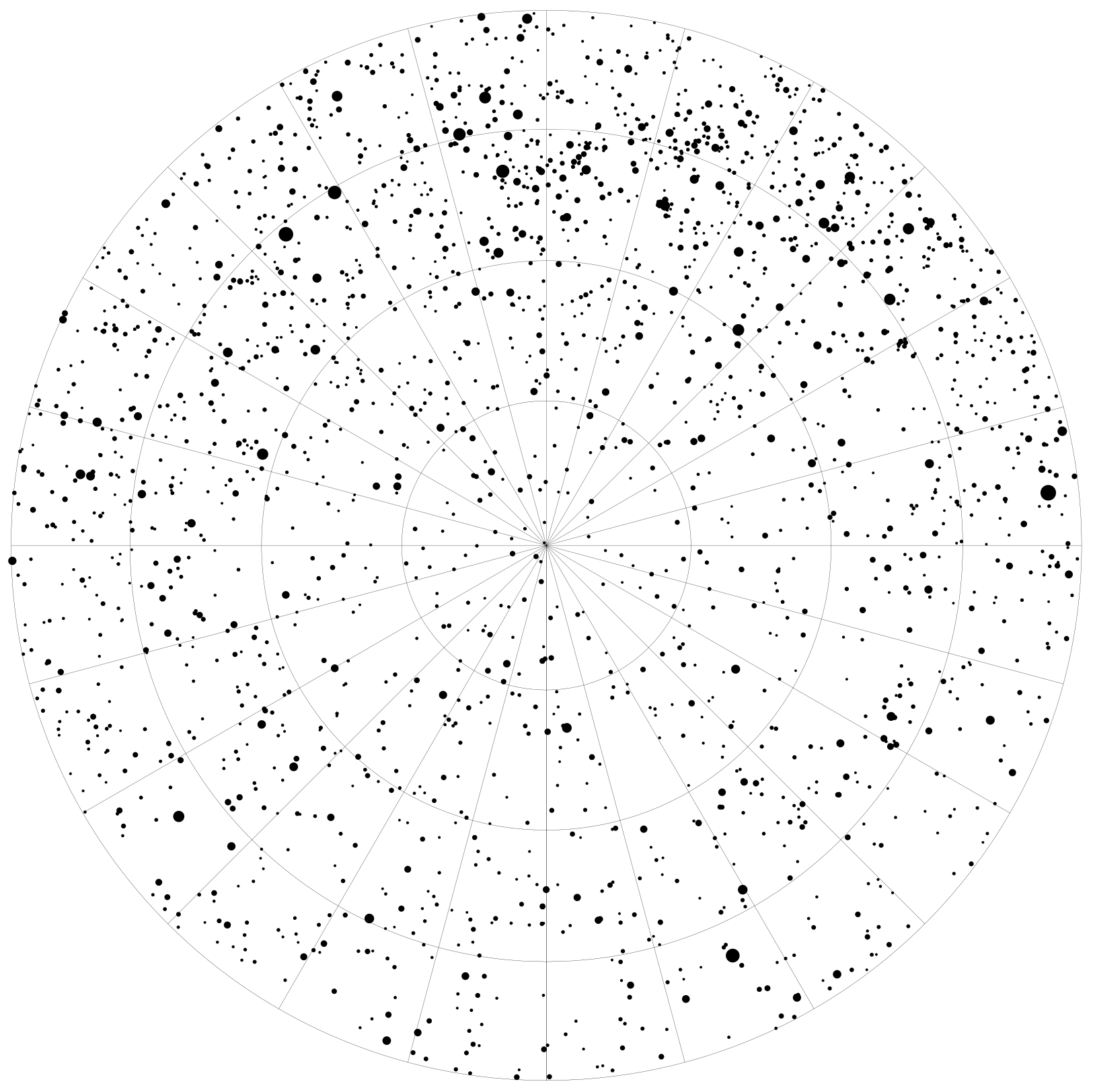

“And astrology inherently follows planetary cycles, so you look at the astrology, and you can see that similar patterns have happened in the past. “I think that people are so desperate to find meaning and patterns and a way out of this – to know that we're not stuck in this moment,” says Caroline Goldstein, 28, a writer in New York City. But the uptick in interest this past year means that figure is almost certainly on the rise.įor followers of astrology, its move toward the mainstream during a period of crisis makes perfect sense.

Torres believes “astrology has a way of getting us to be more connected to life and something bigger than us", at a time when “we feel really disconnected from everyone and everything”.īut while this sense of disconnection may be behind the current wave of astrological truth-seeking, other factors – technological innovation, the changing beliefs of millennials and Gen Z – laid the groundwork well before the pandemic began.Ī 2019 IBISWorld report estimated the size of the US “psychic services” industry (a category that also includes services like fortune telling and tarot reading) at $2.2bn (£1.46bn). For much of the world, the past year has been one of few earthly comforts – hugs have been scarce, jobs have been lost and every day brings news of more human suffering. Perhaps it’s no wonder that so many people who weren’t interested in astrology before are turning to the stars for guidance. A new vanguard of astrologers – younger and more diverse than the industry has known before – emerged on social media. TikTok, the year’s fastest-growing app in terms of monthly active users, introduced a generation of newcomers to the language of the Zodiac, and made internet celebrities of its most successful astrological accounts.
Star chart generator professional#
But 2020 seems to have stoked the fire.Īccording to Google Trends, searches for “birth chart” and “astrology” both hit five-year peaks in 2020, and many professional astrologers report that business took off under lockdown. When the pandemic brought many parts of life to a screeching halt last year, explains Torres, “people were forced to really sit down with themselves and reflect on what their life was about and where their head was”.Īcross the world, i nterest in Western astrology was already experiencing something of a renaissance in the years leading up to the pandemic, its soaring cachet among young people fuelled by Instagram meme accounts, venture capital-backed astrology apps like Co-Star and Sanctuary, and the destabilising years of the Trump presidency and Brexit. What they share is a desire for support, connection and self-knowledge.


Others are thriving with so much time at home. Some are searching for a new career after losing restaurant or entertainment jobs. While she’s had to put in-person consultations on hold, she’s held virtual sessions with hundreds of clients – mostly from North America, though some from as far as her native Philippines, many of them queer millennials like herself. Charm Torres, an astrologer in Toronto, Canada, has seen a surge of interest in her services since the beginning of the Covid-19 pandemic.


 0 kommentar(er)
0 kommentar(er)
